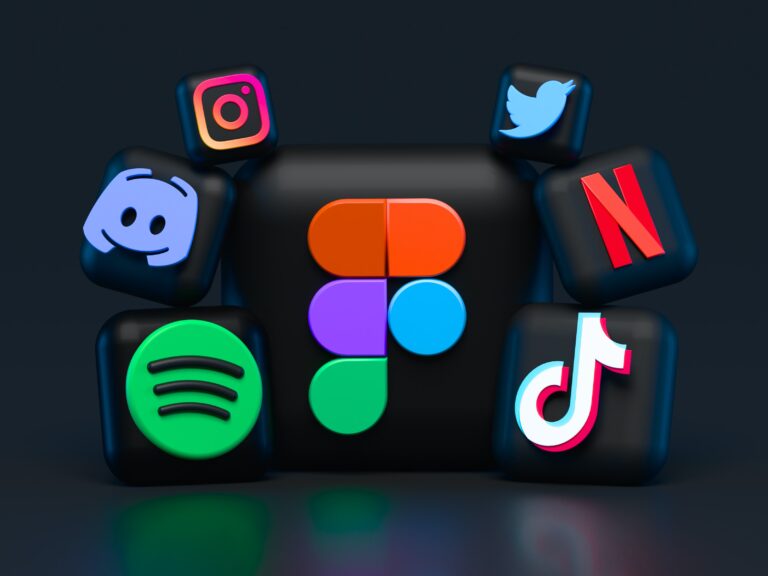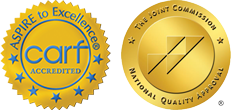For many years, we’ve known how staggeringly powerful addiction can be. It holds a deep grip on millions of individuals around the world, with numerous factors contributing to the development and persistence of addiction. With the rapid advancements in technology and the way people communicate, there’s no doubt that this new age has had a significant impact on addictive behaviors. One such factor that can no longer be ignored is the role social media plays in addiction and recovery.
The Intersection of Social Media and Addiction
Social media platforms, such as Facebook, Twitter, Instagram, and Snapchat, now have a dominating presence in our daily lives, providing a source of constant communication, networking, and entertainment. The question remains: are these platforms having a positive or negative impact on those struggling with addiction, and those attempting to recover?
Increased Addiction Rates
A study from the University of Albany discovered a connection between increased social media use and increased rates of substance use (Wiederhold, 2015). This means that the more often someone is using social media, they are also more likely to engage in substance abuse. Social media itself, however, is also a highly addictive platform. A study from Harvard University found that sharing information about ourselves on social media platforms releases dopamine, which plays a significant role in the pleasure and reward pathways of the brain (Tamir & Mitchell, 2012).
This constant reinforcement of instant gratification, combined with the highly stimulating nature of instant communication and endless content, has led to a rise of individuals addicted to social media. A recent study from the Radiological Society of North America found that participants experienced withdrawal symptoms similar to those of substance abuse when forced to abstain from social media for a period of time (Turel, 2017).
The Upside of Social Media in Recovery
While the addictive nature of social media has been well-documented, it’s also true that social media platforms can be a powerful tool for individuals in recovery. Recovery-focused platforms such as InTheRooms, SoberGrid, and Sponsee provide an outlet for individuals in recovery to communicate with others, access resources, and develop a network of support crucial to the recovery process (Kelly et al., 2020).
Through the sharing of stories, both of struggle and success, individuals who are recovering can find encouragement, solace, and helpful guidance in navigating their recovery journey. Social media can become a positive force for connection and support when used responsibly and intentionally.
Encouraging Healthy Social Media Use in Recovery
-
- Create a Supportive Network: When using social media, recovery-minded individuals should curate their list of friends and followers intentionally to reflect a supportive and encouraging circle. This may mean unfollowing or unfriending people who showcase unhealthy or triggering behaviors, and seeking out those who share positive and motivational content.
-
- Limit Time Spent on Social Media: Setting boundaries regarding the amount of time spent on social media can help prevent relapse, as well as alleviate withdrawal symptoms that may be associated with compulsive social media use. By scheduling specific periods of time for social media or using timers to help limit use, struggling individuals can better maintain control of their digital world.
Do you have a loved one struggling with addiction?
We know how hard that can be. Give us a call to find out what options you have.
- Engage in Online Support Groups: For those seeking additional support during their recovery, online support groups can provide an easily accessible outlet. There are plenty of Facebook groups, forums, and message boards dedicated to recovery that can be a valuable source of information and inspiration.
In Conclusion
The intersection of social media platforms and addiction is a complex and evolving subject. While there is evidence to suggest that social media can fuel addictive behaviors and contribute to relapse, it’s important to remember that social media can also serve as a beacon of hope and support for those in recovery. By being aware of the potential pitfalls associated with social media use, individuals battling addiction and those supporting them can better navigate the online waters.
With intentionality and mindfulness, social media usage can shift from an obstacle to a stepping stone on the road to recovery.
Sources
Kelly, J. F., Fallah-Sohy, N., Cristello, J. V., & Bergman, B. G. (2020). Social network sites: New platforms, new digital drug markets, and new routes to recovery. Journal of Substance Abuse Treatment, 112, 18-24.
Tamir, D. I., & Mitchell, J. P. (2012). Disclosing information about the self is intrinsically rewarding. Proceedings of the National Academy of Sciences, 109(21), 8038-8043.
Turel, O. (2017). Differential correlates of cue-induced {brain} responses among_{social} media enriching and excessive use. Radiological Society of North America Journal, 1, 170058.
Wiederhold, B. K. (2015). Are you addicted to social media? Cyberpsychology, Behavior, and Social Networking, 18(10), 567-568.





